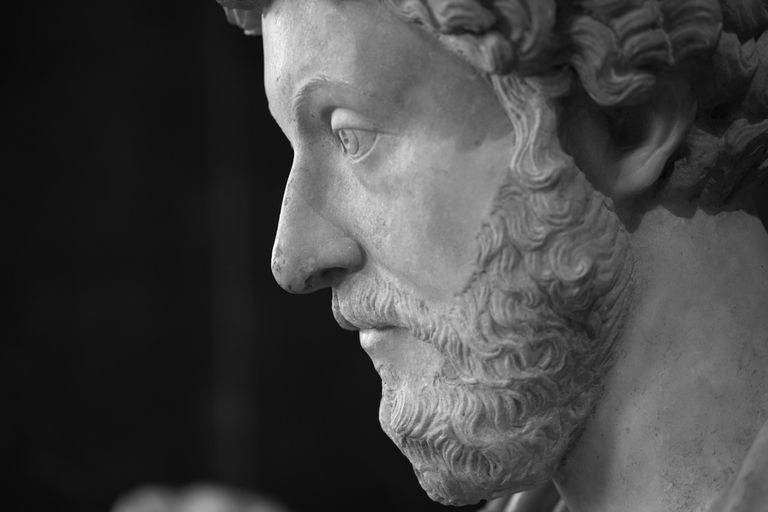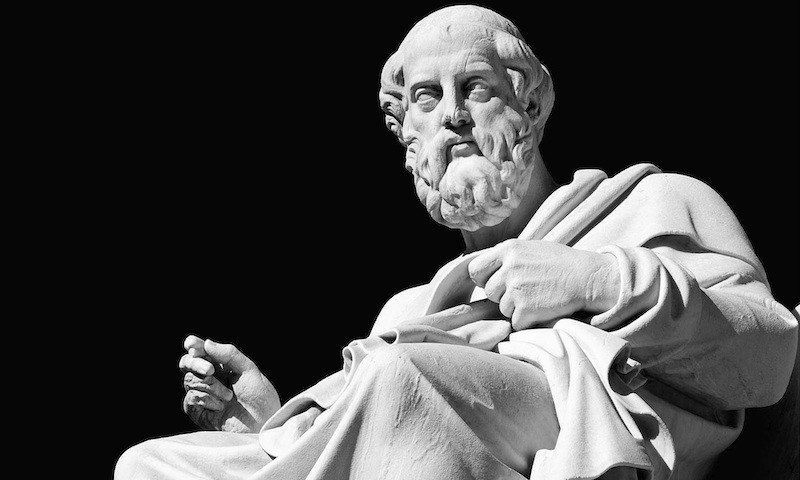I’m a huge fan of Marcus Aurelius. I’ve read Meditations in two translations, and I’ve gleaned different insights from both readings. Marcus Aurelius is said to be the nearest historical embodiment of the Platonic ‘Philosopher King’. That is to say, a leader who is thoughtful, seeks to know himself, to learn about the world for the sake of knowledge, and who doesn’t crave power; indeed, a leader who doesn’t necessarily wish to be a leader, but who embodies the ideals of leadership nonetheless.
Marcus Aurelius would gladly have traded the mantle of Emperor for the robes of the Philosopher. He was a reluctant Emperor. Nor was he a perfectly ‘good’ person. His putative persecution of the then-novel Christian sect is one oft-cited, although apocryphal, example of a momentary leaning towards injustice. Another example of his humanity, the murder of his wife, Faustina the Younger, for marital infidelity. And then there is his insistence that his incompetent son Commodus ascend to the throne, which was, at the very least, blind love, at the most, gross negligence.
Examples which bring Marcus Aurelius back down to the level of plebian humanity are clear, yet do not detract from the message at hand. Indeed, that sense of fallibility lends power to the Meditations. In Meditations, we find the words of a man trying to make sense of himself, of the world, and of the society he finds himself in. He was an imperfect man, he is the first to acknowledge that, and that is exactly the point – he knows that he is imperfect, and he wants to be better: it is the striving that matters.
I’ll finish this with some words by Marcus from the first segment of Book Two of Meditations. We should all start our day this way:
Begin the morning by saying to thyself, I shall meet with the busy-body,the ungrateful, arrogant, deceitful, envious, unsocial. All these things happen to them by reason of their ignorance of what is good and evil.
But I who have seen the nature of the good that it is beautiful,and of the bad that it is ugly, and the nature of him who does wrong,that it is akin to me, not only of the same blood or seed, but that it participates in the same intelligence and the same portion of the divinity, I can neither be injured by any of them, for no one can fix on me what is ugly, nor can I be angry with my kinsman, nor hate him, for we are made for co-operation, like feet, like hands, like eyelids, like the rows of the upper and lower teeth.
To act against one another then is contrary to nature; and it is acting against one another to be vexed and to turn away.
Marcus Aurelius




